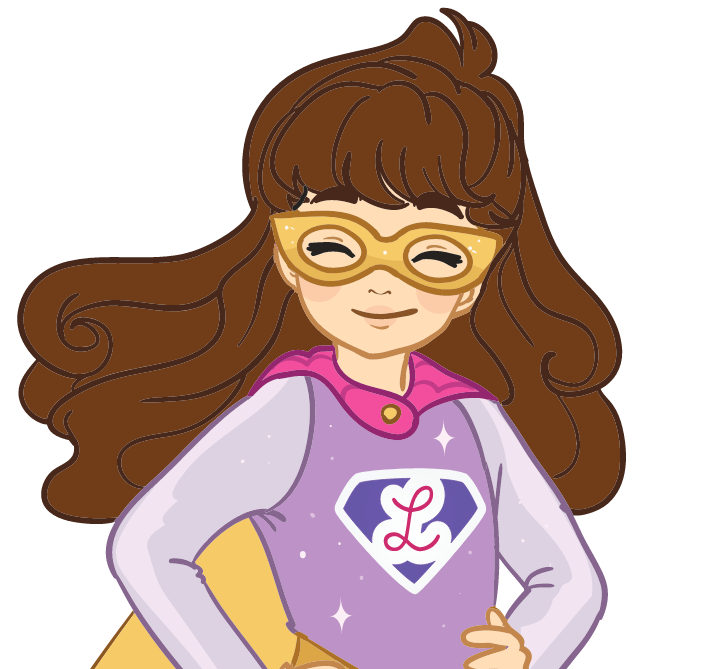A very engaging article over at A Mighty Girl gave us pause for thought this week. What are the long-term effects of the non-physical, relational aggression type of bullying and from what age do our children become capable of such behaviour? “Parents are often startled to realize that relational aggression -using the threat of removing friendship, ostracism, and other forms of social exclusion -- can appear in children as young as three years old.” The writer notes that as parents and teachers witness these less obvious forms of bullying, it becomes clear that they require as much attention as physical aggression. In the Wall Street Journal Online, Laura Barbour, a counsellor at an Oregon elementary school, observes, “Kids forget about scuffles on the playground, but they don't forget about unkind words or being left out.”

Developmental factors have a part to play, researchers agree. Girls, on average, are more socially aware and verbal than a boy the same age. Ostracization as a mode of punishment is more commonly observed in girls and can start at as early as two and a half. Laurel Klaasen, a counsellor at an elementary school in Iowa, says, “They're already thinking at that age about being popular, being the queen of the classroom, or the queen of the playground and vying for that position.”
Relational empathy, it seems is the best way to counteract this particular form of aggression – “Imagine how it would feel if someone did that to you”. Studies have shown that children easily identify that relational aggression is much more hurtful than a kick or a punch. Understanding that relational aggression isn’t something children, especially younger children can work through on their own goes some way towards addressing the issue. Mental Health Week 2018 which runs between February 5th to 11th aims to help children deal with feelings of isolation by encouraging them to celebrate their uniqueness.

“Having a positive view of oneself can help us to cope with life’s challenges and recognising the different qualities of others can allow us to connect with those around us – which is vital for our own and others’ wellbeing.” The organisers of Children’s Mental Health Week aim to reach out to children with the message that it’s great #BeingOurselves and asks parents and guardians to help children to build their self-esteem and recognise their own unique strengths and abilities. You can also spread the world to your child’s school or other schools you know!
Are you engaging with Children’s Mental Health Week? Have you witnessed your child displaying relational aggression? Join in the conversation by tweeting @Place2Be using #BeOurselves
![]() Fast Shipping*
Fast Shipping*![]() Subscribe to our Newsletter
Subscribe to our Newsletter![]() 🌟 A Walk in the Park Lottie Doll 🌟
🌟 A Walk in the Park Lottie Doll 🌟













